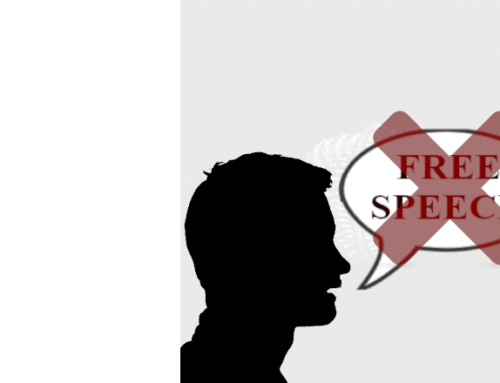Catholic League president Bill Donohue comments on a new book that is bound to be controversial:
We will have to wait until November before the English version of a biography of Pope Emeritus Benedict XVI is available, but the book by Peter Seewald is already generating controversy. Benedict says his writings have been misrepresented beyond recognition, so much so that it has devolved into a “malignant distortion of reality.” Worse, attempts to silence him have been ongoing.
Sexuality and the life issues are what angers his most vociferous critics. That’s because they touch on the most sacred ground coveted by secularists. “One hundred years ago,” Benedict says, “everybody would have considered it to be absurd to speak of a homosexual marriage.” The same goes for “abortion and to the creation of human beings in the laboratory.”
Pink News, a gay media outlet from the U.K., was not happy with Benedict’s statement on gay marriage. It also accused him of “aggressively oppos[ing] same-sex marriage” during his tenure as pontiff. It contends he was replaced by Pope Francis who, while not changing Church teachings on marriage, has “pursued a more outwardly liberal PR drive.”
The fact is there is zero difference between Benedict and Pope Francis on the subject of gay marriage. Here is what Francis has said: “Children have a right to grow up in a family with a father and a mother capable of creating a suitable environment for the child’s development and emotional maturity.” He knows how important this is. “At stake is the identity and survival of the family: father, mother, and children.”
What is most distressing are the attempts to silence Benedict. His critics want him to stay in a retirement home and watch TV. But he won’t do that. Indeed, he is happily defiant. But he is not naïve. Those who do not accept gay marriage, he notes, must be prepared to suffer the consequences. “Today one is being excommunicated by society if one opposes it.”
Benedict does not exaggerate. It is virtually impossible for any academic to get tenure if it is disclosed that he does not approve of two men marrying. Similarly, if it is discovered that a candidate for a junior position supports the Judeo-Christian understanding of sexuality, he will never be seated.
“Modern society is in the middle of formulating an anti-Christian creed,” Benedict says, “and if one opposes it, one is being punished by society with excommunication.” With few exceptions, no one who sits on the editorial board of any major newspaper would be allowed to keep his place at the table if he decided to become pro-life. He would be shown the gate.
Attacks on marriage, properly understood, are commonplace. So are efforts to protect the sanctity of life de novo. Campaigns against genetic engineering are similarly condemned. Benedict sees this as the work of the “spiritual power of the Anti-Christ.”
Benedict claims that those who sought to silence him when he was pope came less from within the Church than from without. “Blockages came more from the outside than from the Curia.” This was certainly true when 67 professors from Rome’s La Sapienza University protested his scheduled address in 2008. His speech was cancelled because his writings on science angered the “tolerant” ones.
Pope Emeritus Benedict XVI is a true gift from God. He is a man of powerful intellect, and, just as important, he is a man of tremendous courage. His thuggish foes can scream all they want, but he will not be silenced.







